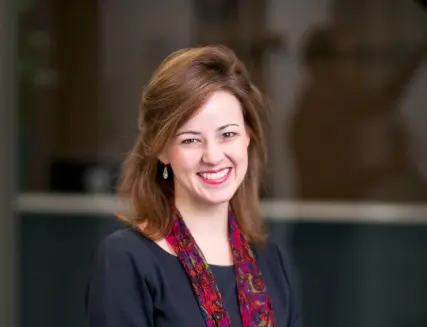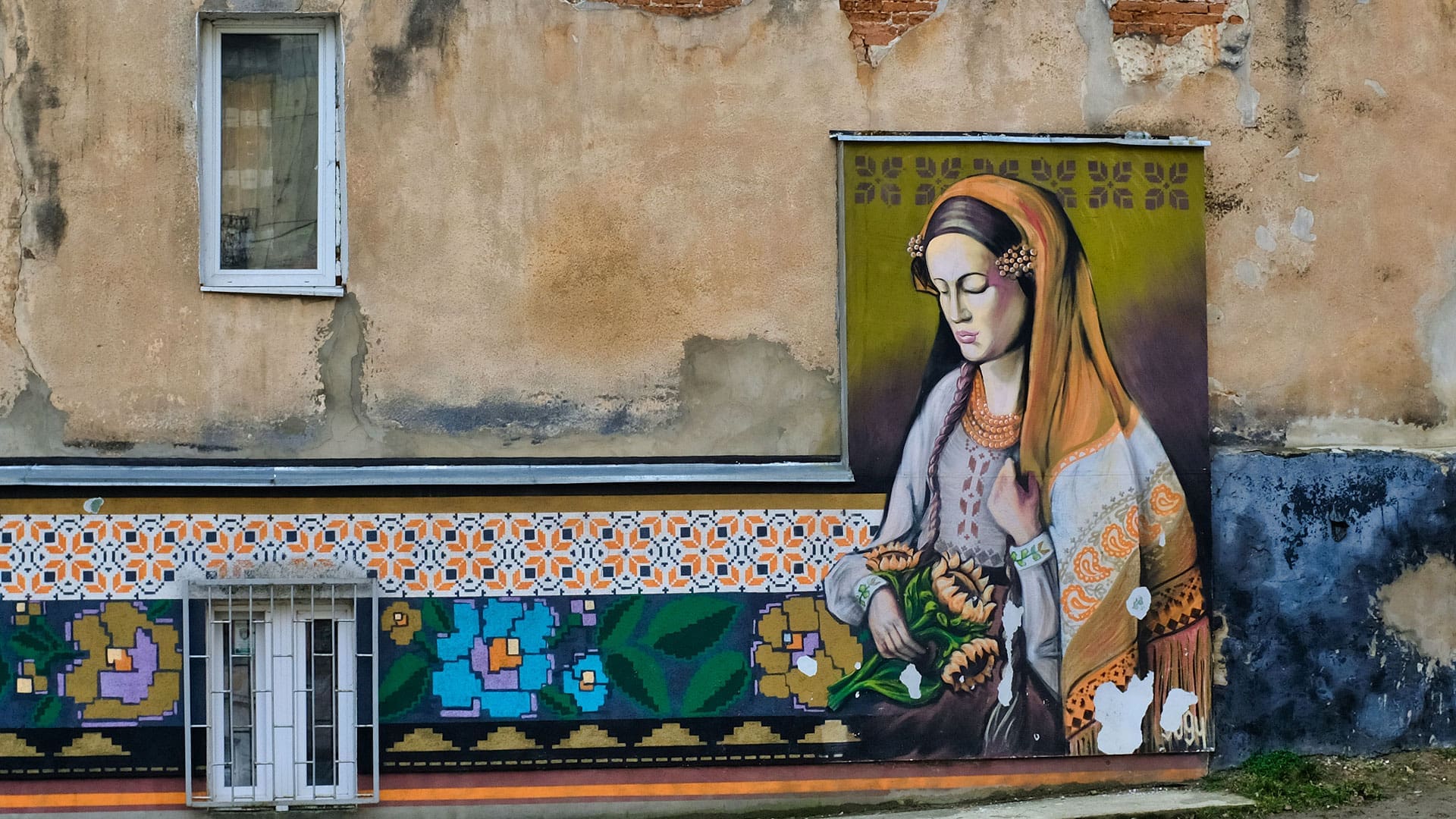O
Spared from direct attack thus far, the historic western city of Lviv has become an important transit point for men headed to the front lines, as well as a resting place for over two hundred thousand women and children seeking to cross into other European countries.
Here is that conversation, made brief by Russian interference with the wires and breathless by the surrounding drama.

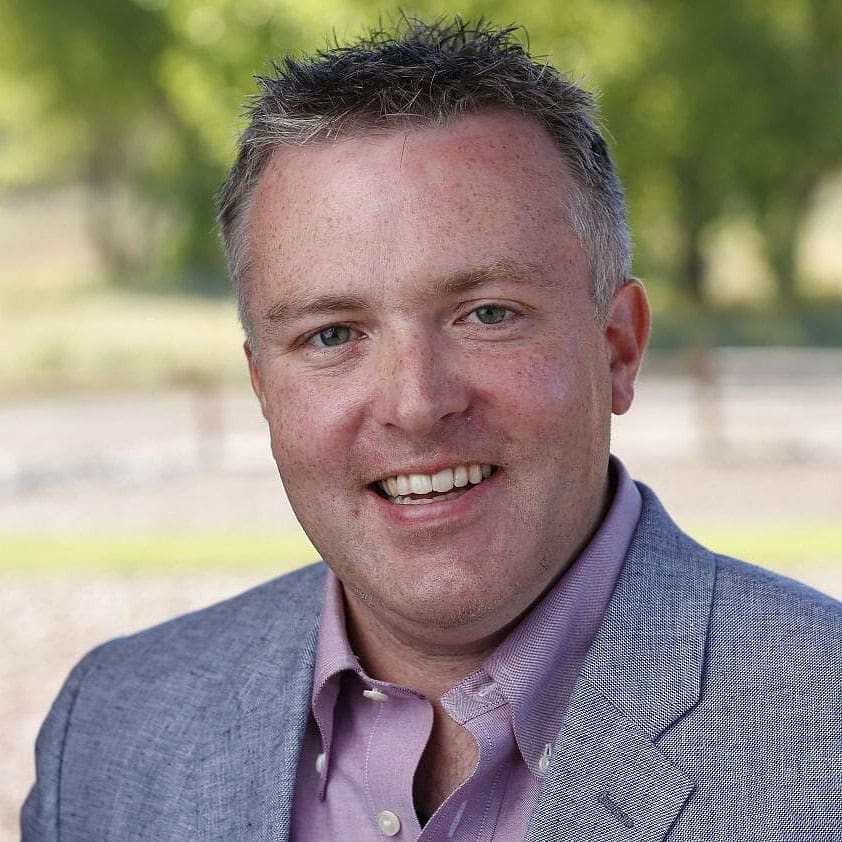




I was inspired by their example, and so I approached them to see how we might talk and work together. Then the borders closed for the pandemic, and I had a suspicion that it would be better to be here and freer in Ukraine than anywhere else. So I said to myself, “I’m going to stay here for a while.” It’s a place of free speech that has a real culture. It has a real soul.
But I didn’t necessarily have a plan; I just didn’t want to leave. And then, especially last November, when the warnings became very serious about impending Russian aggression, I again decided I had to stay. I said, “Okay, I’ve been trained for this, I have the connections to do this, and this is where I want to be right now.”
I’ve heard so much about Ukrainian civil society, and I’ve seen it, but ever since the war began, I’ve seen a drastic change. When Ukrainian people post about the war, they call the Russian invaders the orcs, like from Tolkien. And I have this sense that this is the Shire. There is hardly any crime; it’s peaceful. They don’t even have bad words in the Ukrainian language. They have to use English or Russian or Polish to swear. So you’re watching this very serene, nice people face a dire threat. But I’ve seen the magic of civil society, truly a magic unleashed since Friday, February 25. It’s really astounding how people are collaborating across all different industries to help each other, to survive and to win.
I’ve heard so much about Ukrainian civil society, and I’ve seen it, but ever since the war began, I’ve seen a drastic change. It’s really astounding how people are collaborating across all different industries to help each other, to survive and to win.


That was our plan before we got hit by the war. But now the Lviv Lab has shifted to a Telegram channel, Ukrainian Freedom News. And I have a growing volunteer team here of probably twenty-five or thirty people who listen to Ukrainian Telegram and find out the reality of what’s happening with the war. And we translate that into English.
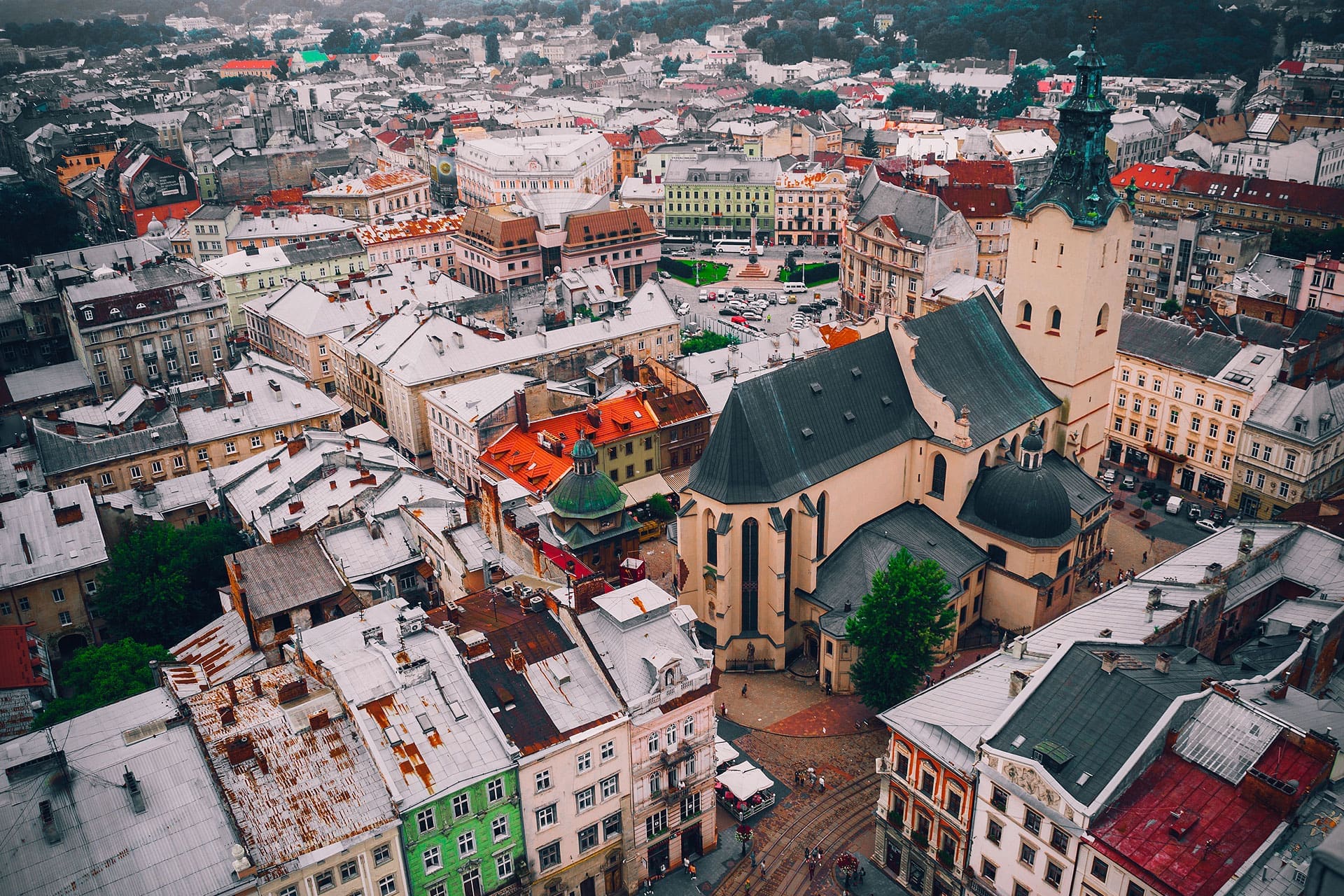
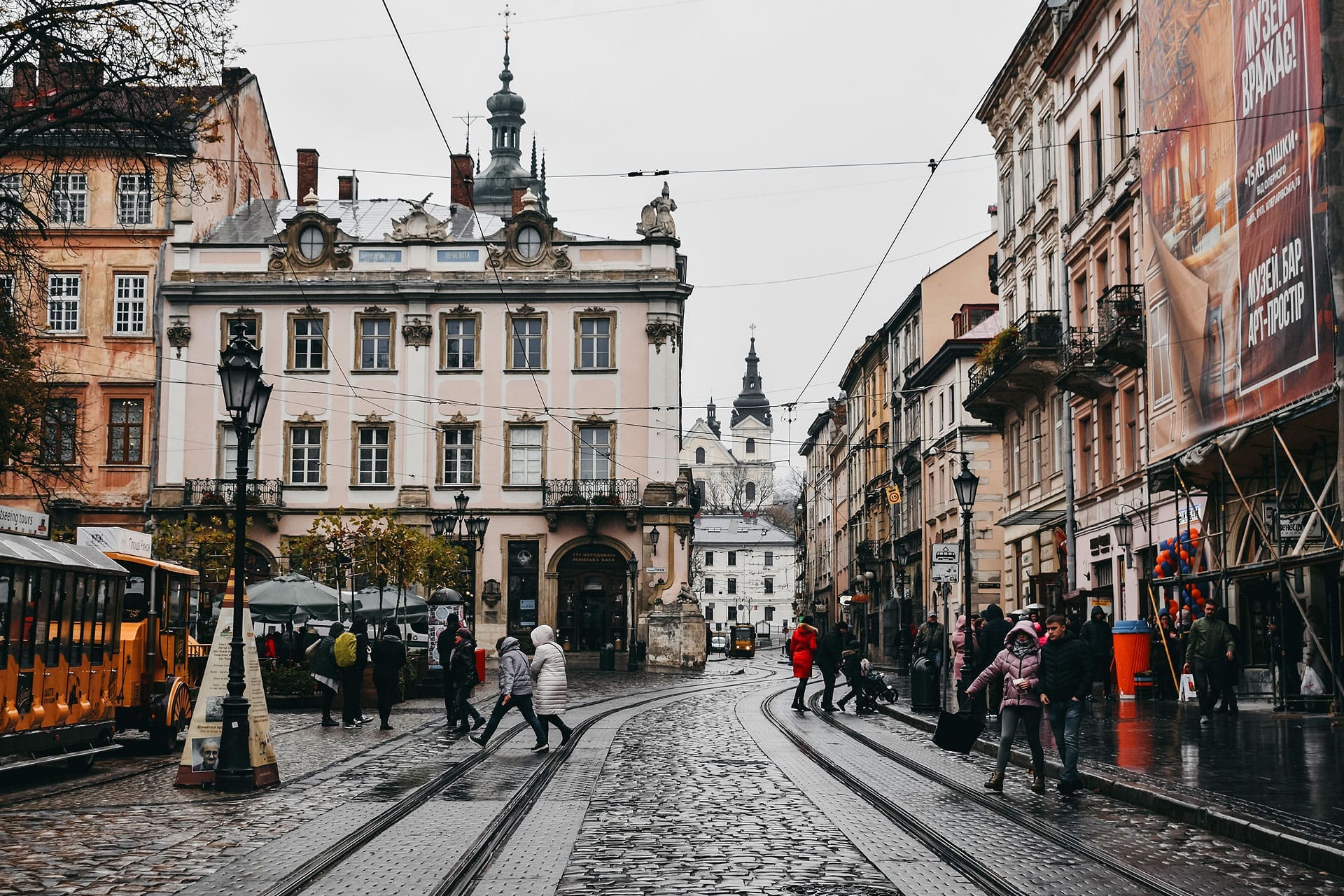






Now that we’re in a war, I look back on those days of Christmas as something that is meant to give you energy and inspiration for the whole year. You have these connection points throughout the year that bring you together in a ritual of just being together with each other, and being happy.
In America, we don’t have these rituals that bring us back to these very human things that we need. Even in Western Europe, you’ve lost a lot of that. I think in Ukraine that might be the secret source of the demeanor of the people.


I have friends who are still trying to run their IT companies from bunkers, packed in with their families with furniture barricaded against the door. They don’t give up. There have been some videos emerging of Russian soldiers being interrogated. And some of them don’t seem to know what their motivation is. They’re sent from some poor town in the middle of Russia to just kill people, and these are twenty-year-old guys. They’ve seen the beauty of their peers’ lives here.
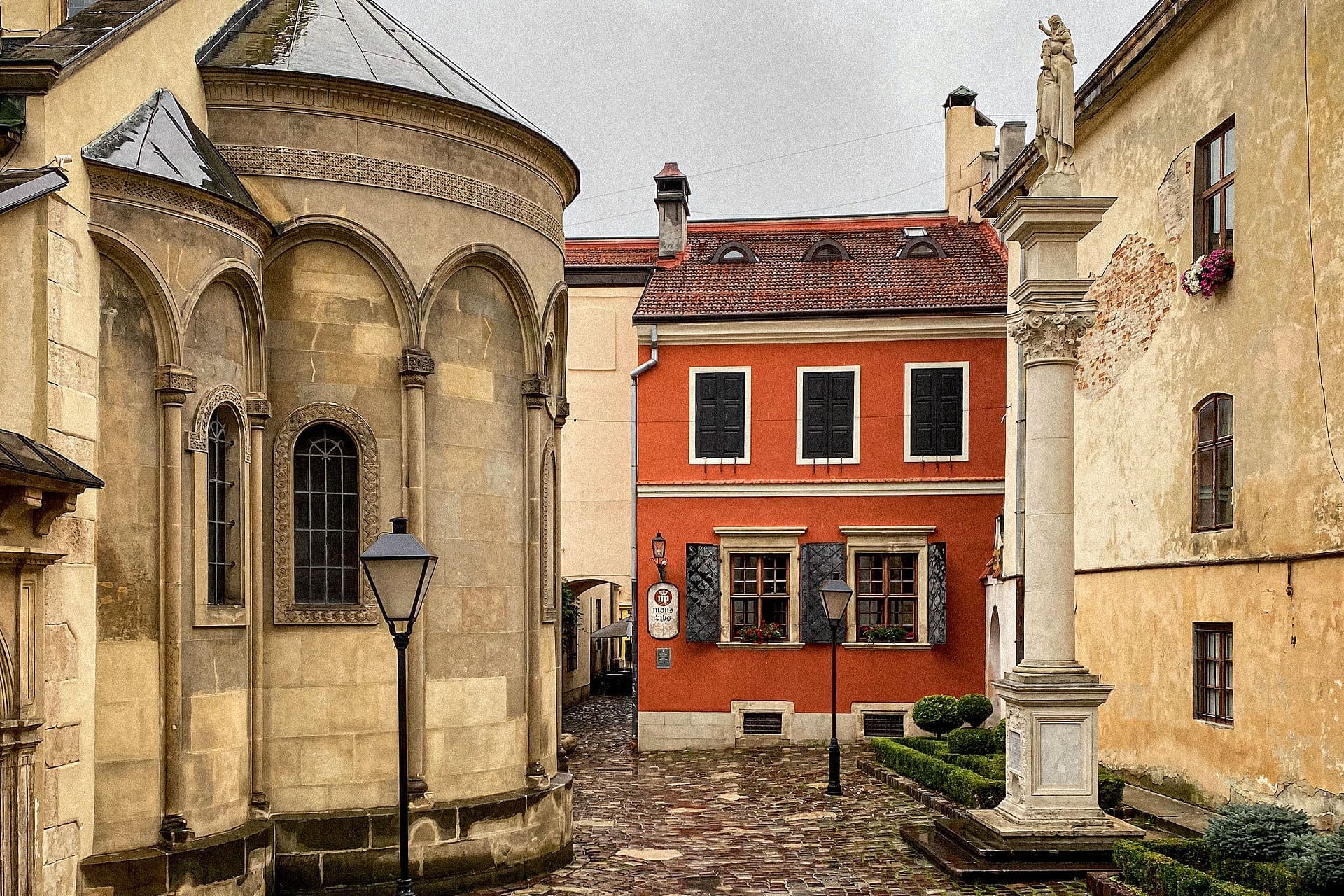
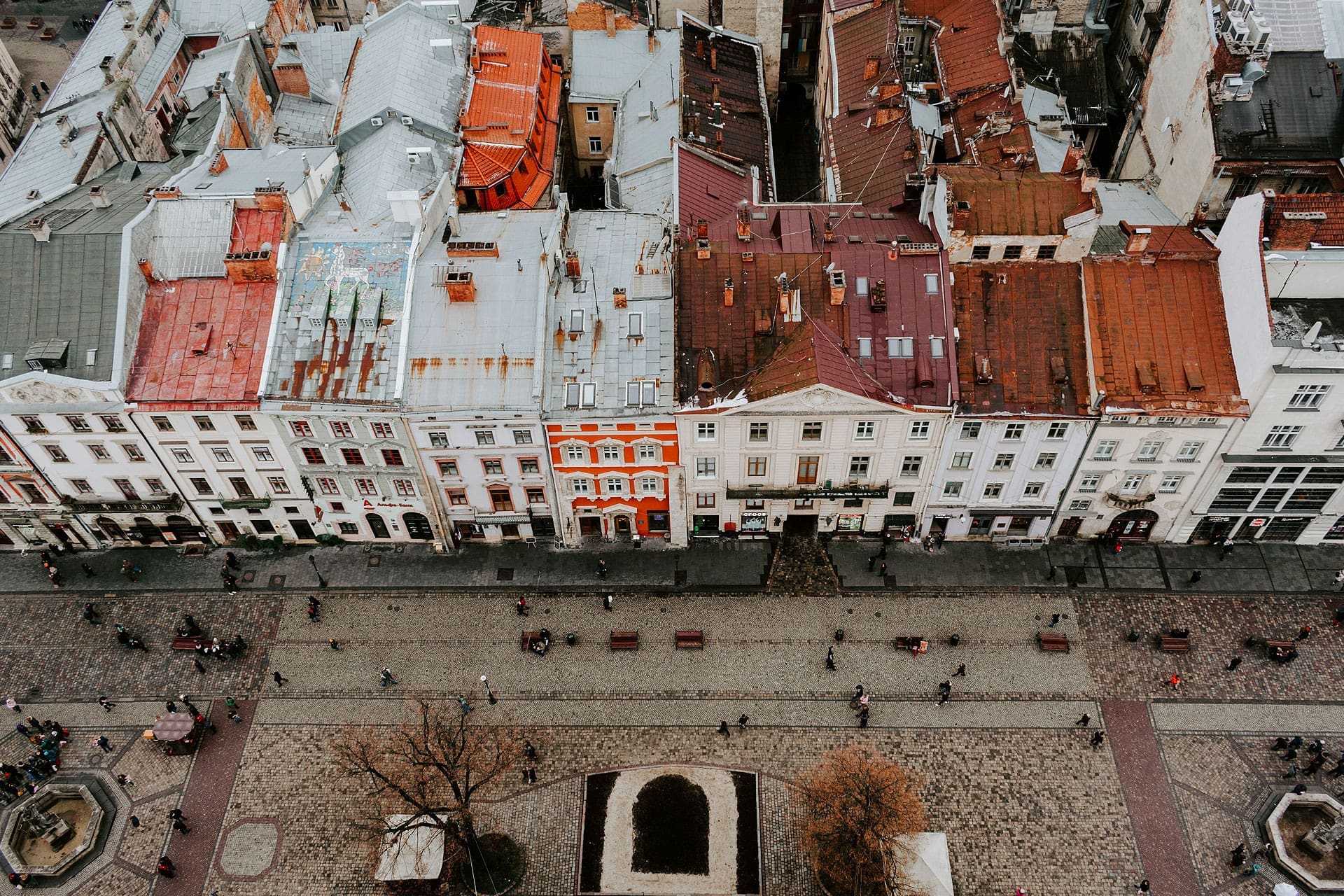


Even as you walk the streets of Lviv, almost like you hear in Istanbul, they broadcast the liturgy onto the streets. It’s part of the soul of this place. With the Eastern style of liturgy, mysticism is infused into everything in life. And as a journalist, I want to always understand that there’s mystery. That we can’t just explain everything.
For example, when I went to Kharkiv three weeks ago, knowing something was coming, I took a team of reporters and we all had a rule. We couldn’t ask people, “Hey, what do you think of the threat from Russia?” Because then we’re going to assume that was the first thing on their mind. Maybe it wasn’t. I wanted to step back and listen to the world, listen to them, with a sense of awe and mystery about the thing we’re trying to cover. We journalists need to have more of a sense of awe and reverence about what we’re talking about, the lives of people.


